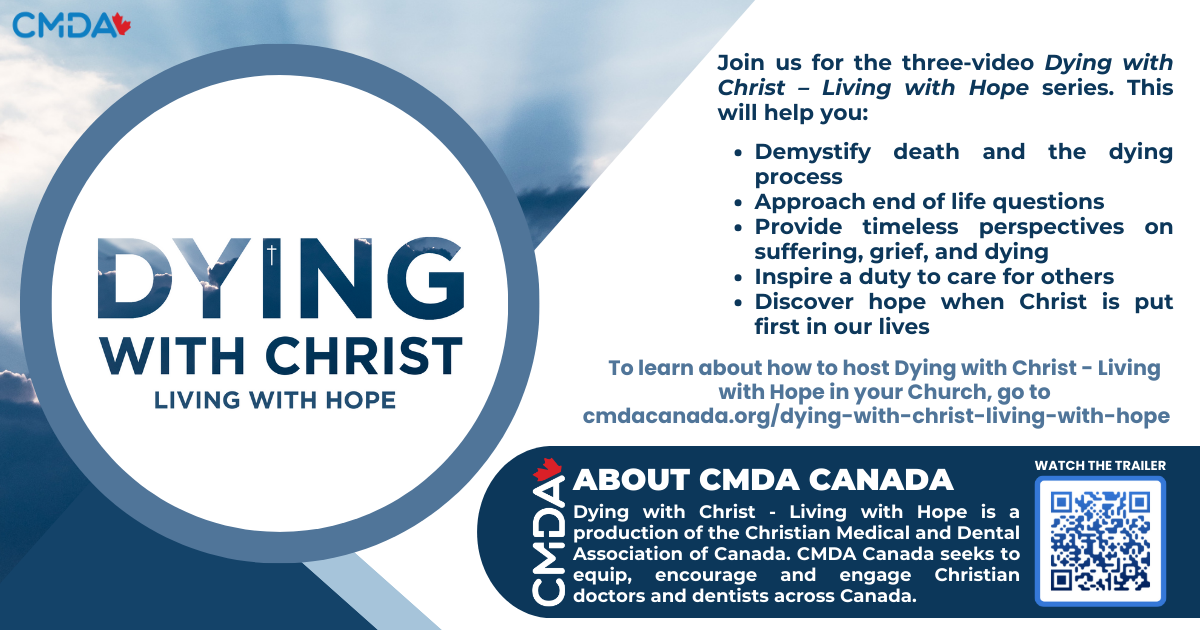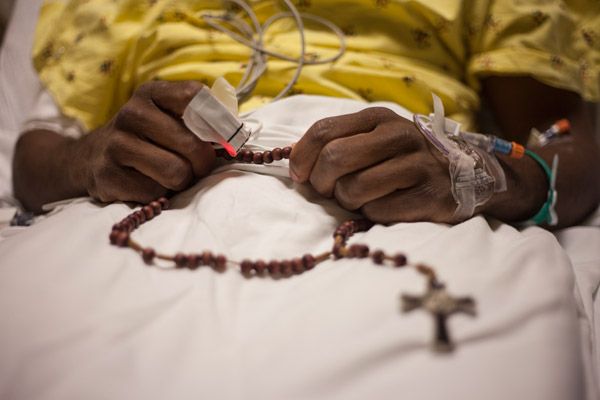
Ministry of Care and Companionship
Dying with Christ, Living with Hope

On Thursday, February 25, the special joint parliamentary committee on physician- assisted dying released their report, “Medical Assistance in Dying: A Patient- Centred Approach”. The 21 recommendations published in the report have stirred much debate in this already divided subject. The Canadian Conference of Catholic Bishops (CCCB) added their unified voice to this current conversation and released an official statement on Friday, February 26. Our own Archbishop Anthony Mancini has expressed his sadness and disappointment regarding the report in a pastoral note to the faithful of Halifax-Yarmouth. Read his full message on the Archdiocesan website under Letters to Faithful. Click here.
Deacon Larry Worthen of St. John XXIII Parish has been asked to present to the Parliamentary Committee on Assisted Death with Cardinal Thomas Collins of Toronto this Wednesday, February 3, 2016 in Ottawa. They have asked for our prayers.
They have these concerns: the protection of the vulnerable, conscience rights of healthcare workers and of healthcare facilities, and improved services for people with disabilities, mental illness and the elderly.
The Most Reverend Douglas Crosby, O.M.I., Bishop of Hamilton and President of the Canadian Conference of Catholic Bishops (CCCB), has sent a submission this past October 19 to the Expert Panel on Options for a Legislative Response to Carter v. Canada. The submission includes references to Church teaching with pertinent citations from the Catechism of the Catholic Church, together with excerpts from the CCCB Plenary Assembly's statement on assisted suicide released on September 18, 2015, supplemented with further comments on the urgency and importance of palliative care.

Prayer
Samples of prayers for specific moments, as well as contact info for a great variety of resources.

Services & Outreach
Descriptions and contact information for the services that are available throughout the archdiocese.

Resources
Contact info for information and materials to meet the great many needs, interests and circumstances.
